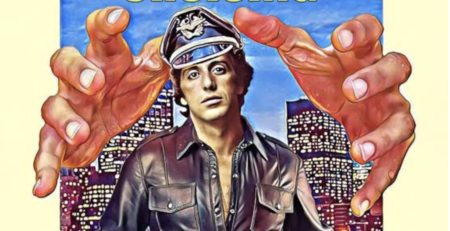A CNN documentary titled ‘Drag War’ delves into the political targeting of drag performers, examining the challenges faced by the drag community amidst increasing legislation and conservative agendas. Hosted by Anderson Cooper, the program sheds light on the history, diversity, and resilience of drag as a form of cultural and political expression, showcasing its impact on LGBTQ identities and the ongoing fight for acceptance.
CNN Documentary “Drag War” Explores Political Targeting of Drag Performers
A new CNN documentary, “Drag War,” premiering on June 9 at 8pm ET/PT, dives into the politicization of drag performances, particularly in Florida. Hosted by Anderson Cooper, the program examines how drag queens have become a focus for conservative lawmakers.
Historically, drag queens are often perceived as gay men dressed in elaborate costumes with heavy makeup, but the art form is much broader and diverse, encompassing performers of all genders and orientations. Drag has a deep history of challenging gender norms and affirming LGBTQ identities, making it a target of conservative agendas since the 19th century.
Recent years have seen a surge in anti-drag legislation, with some U.S. states attempting to restrict drag performances. Although most measures have failed, they have escalated harmful rhetoric against the community. Despite these challenges, drag continues to thrive in mainstream culture through shows like “RuPaul’s Drag Race” and public events such as drag brunches and story hours.
Notable figures in drag history include William Dorsey Swann, one of the first to be called a “queen of drag,” and pioneers like Julian Eltinge. Drag also played a significant role during the AIDS crisis and in the activism of figures like Joan Jett Blakk.
Trans performers have been integral to the drag scene, often using the platform for financial survival amid widespread transphobia. Marsha P. Johnson and Sylvia Rivera were influential figures in the movement, and the impact of trans performers is still felt today.
Despite increasing visibility and acceptance, drag faces legislative threats. Laws in states like Tennessee and Montana aim to restrict performances, though many have been blocked or failed. Advocates fear these measures could adversely affect the broader LGBTQ community, particularly trans individuals.
The history and resilience of drag suggest it will continue to adapt and survive, emphasizing its role as a powerful form of cultural and political expression.




















